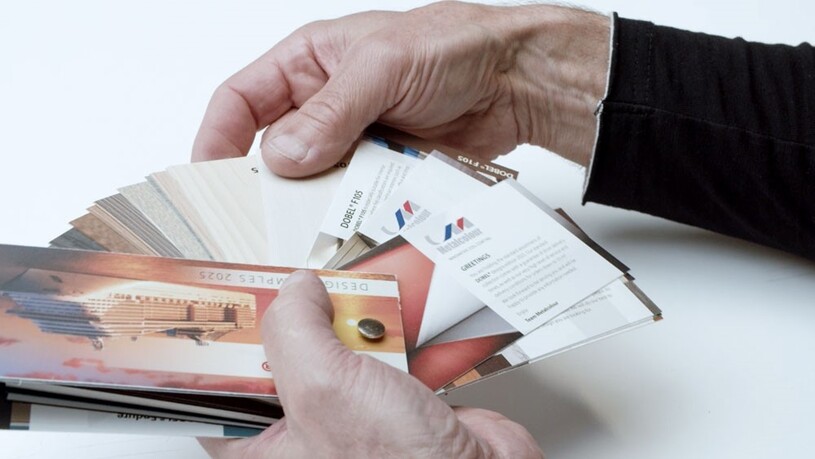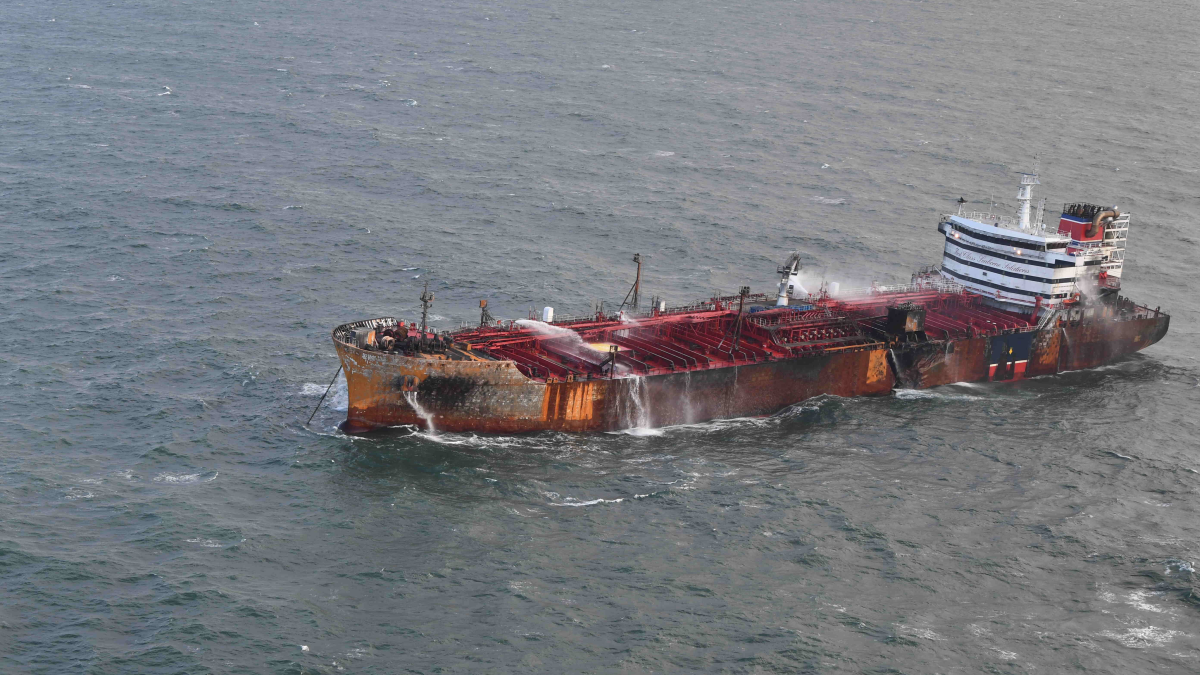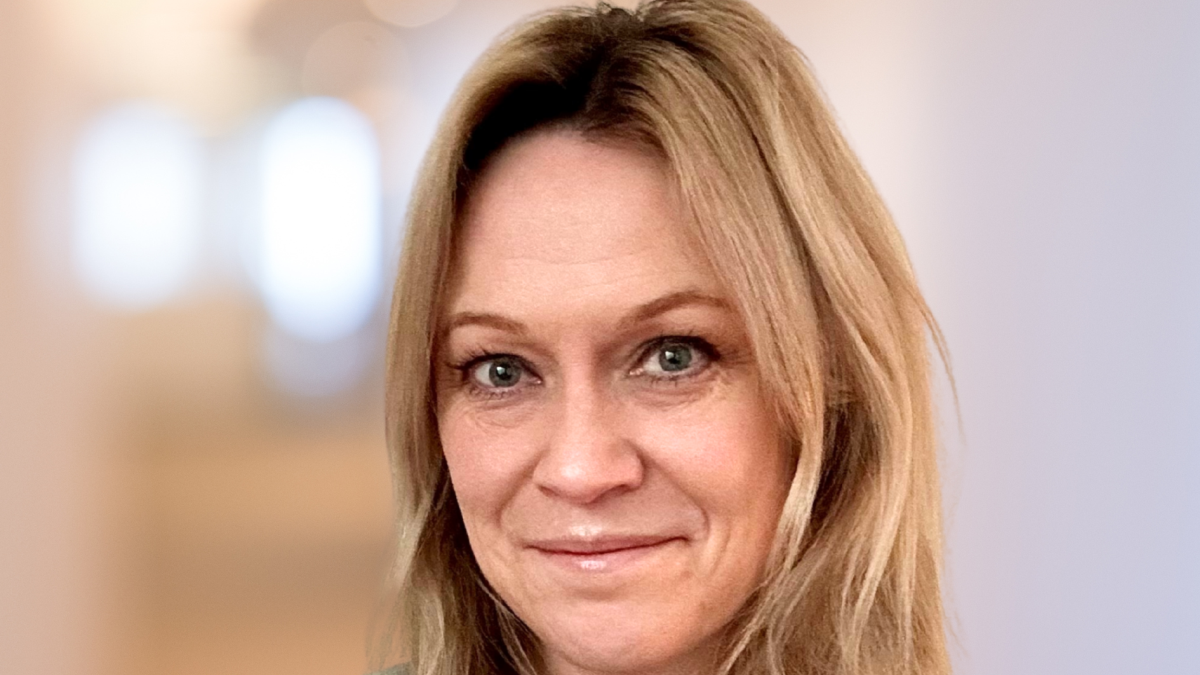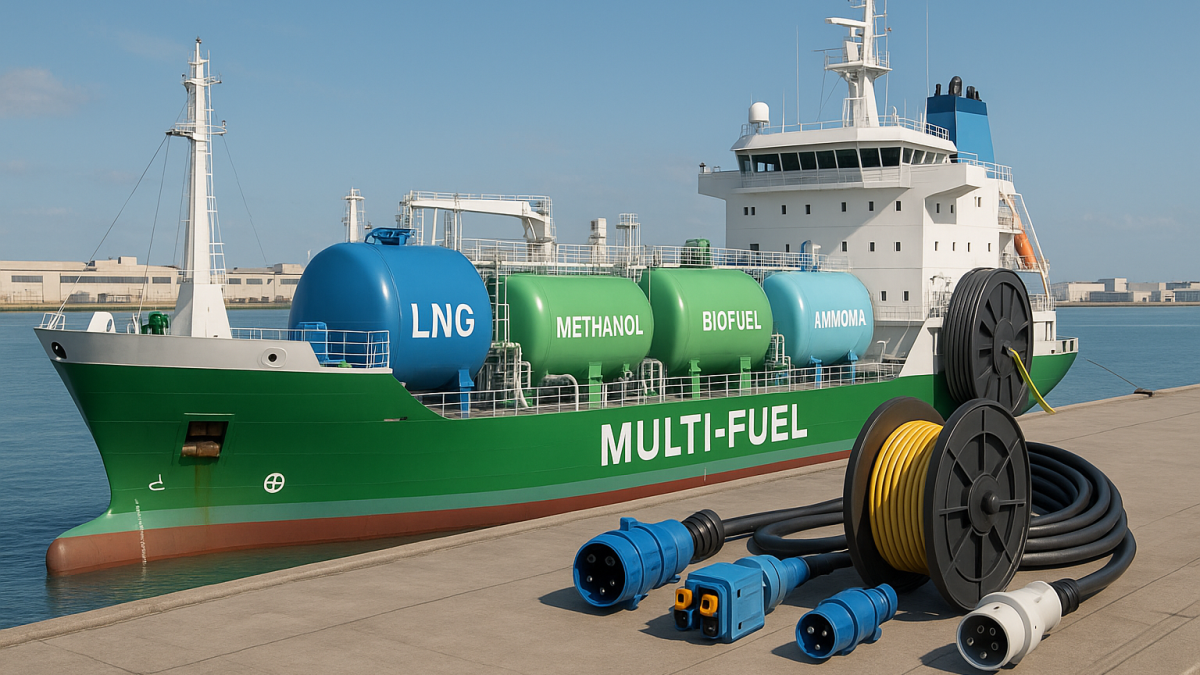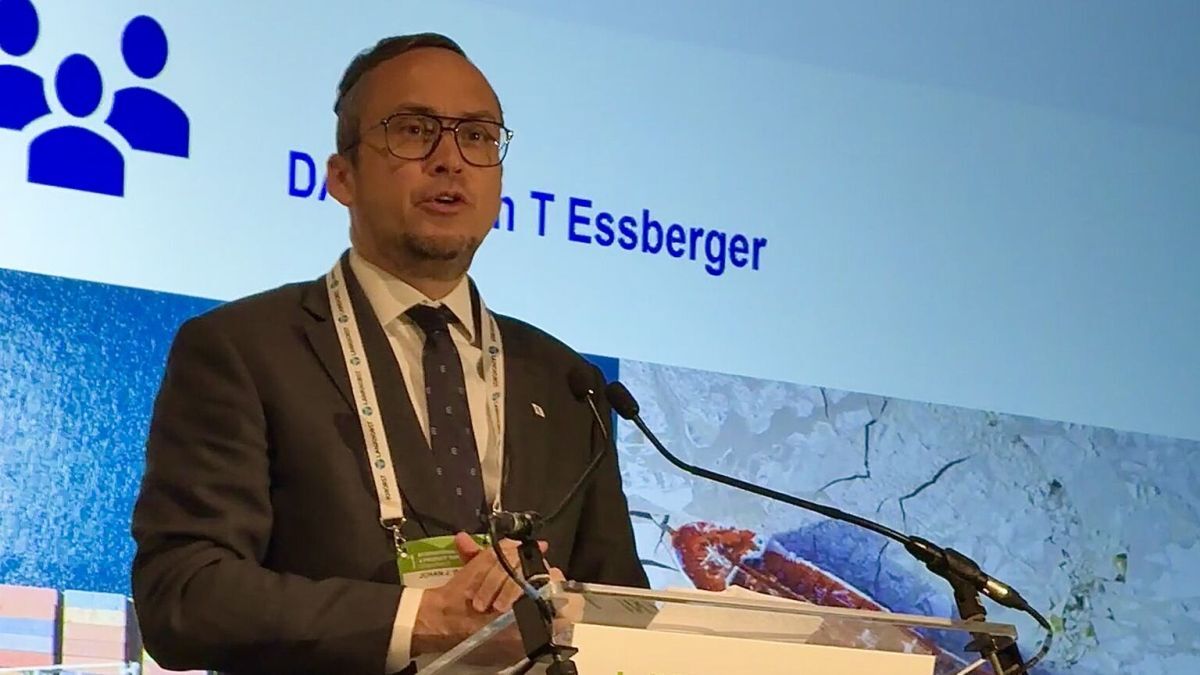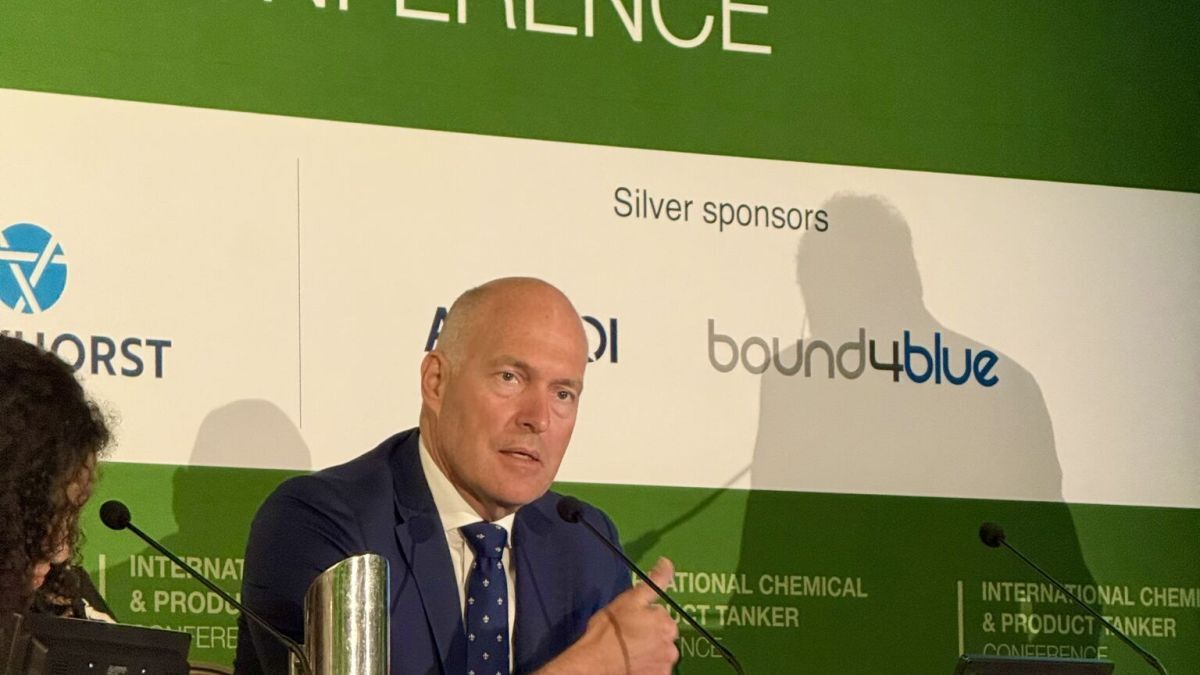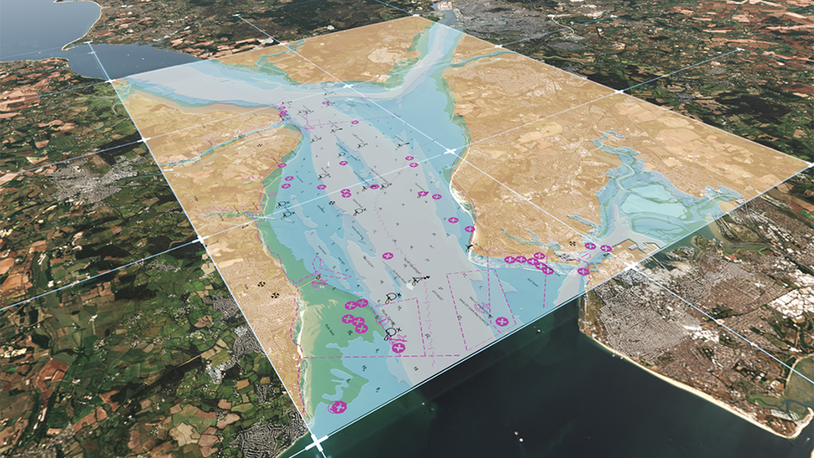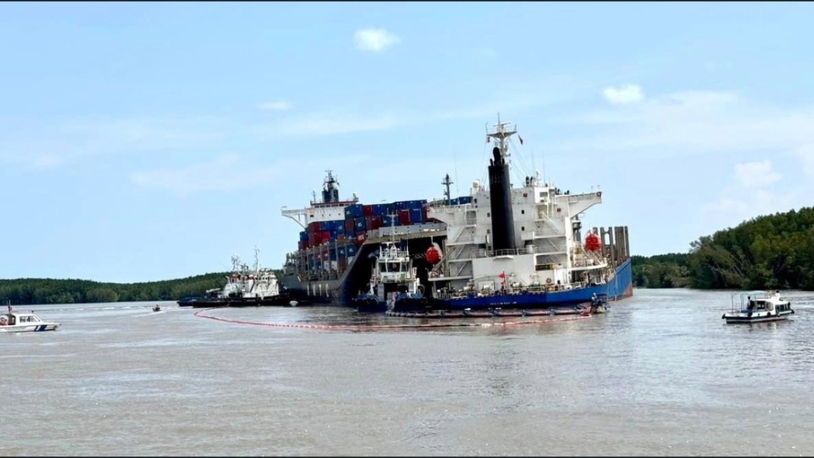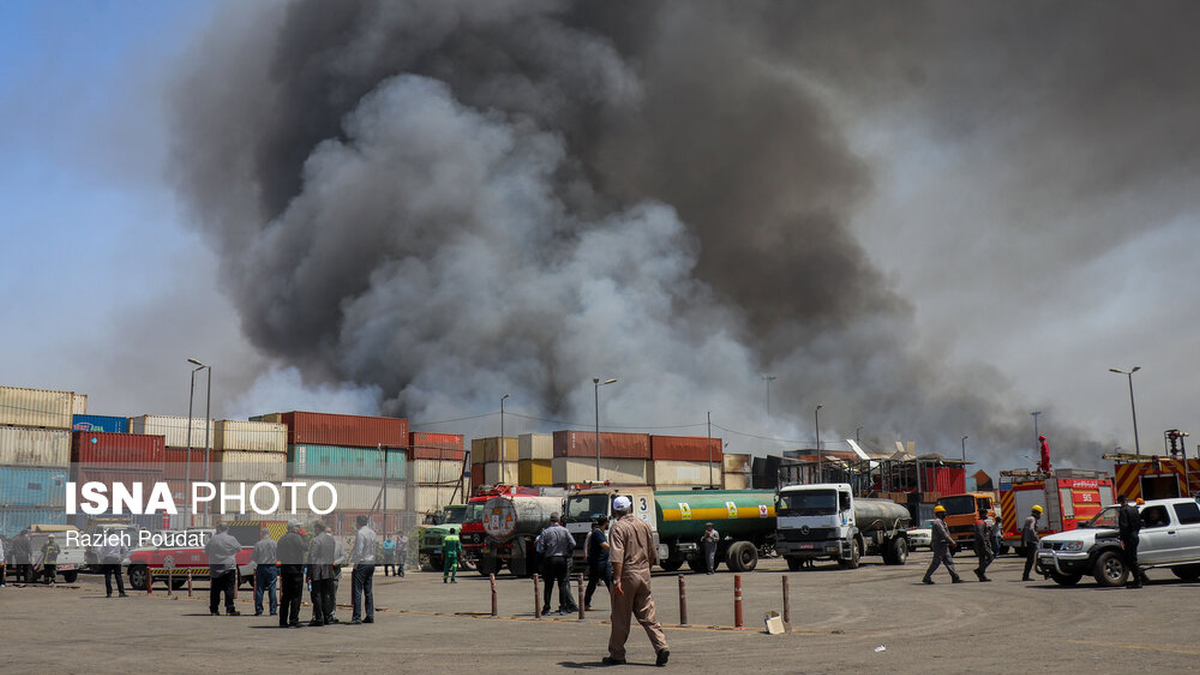Business Sectors
Events
Contents
Register to read more articles.
Sea-Care maritime safety working group established
A working group has been formed, involving the UK government, to scrutinise maritime safety and overcome challenges
The UK government and IMO are members of a new working group, established by Viasat subsidiary Inmarsat Maritime and Maritime London, to improve maritime safety and share critical information.
Sea-Care brings together industry stakeholders, regulators and technology providers to discuss maritime safety issues, share data and help improve sectorwide standards. Its committee members intend to hold the next session early this year, in which they plan to identify the top five safety issues facing the industry.
They will then approach organisations about data sharing to gain insights into safety risks, aiming to deliver solutions.
Maritime London will be an impartial broker to ensure the right organisations are represented in Sea-Care discussions between industry stakeholders.
This working group will be chaired by Maritime London chief executive Jos Standerwick and Inmarsat Maritime vice president of safety and regulations, Peter Broadhurst.
One of the group’s aims is sharing data to develop a better understanding of maritime safety challenges and how to overcome them. This will include information from Inmarsat Maritime’s annual Future of Maritime Safety report, which analyses Global Maritime Distress and Safety System (GMDSS) call records, which is in its sixth year.
Sea-Care stakeholders see this record of incidents involving perceived danger as an example of a dataset which, combined with other relevant data, could contribute to new insights into safety best practice.
“This conversation is important because it has shown the scale of the challenge when it comes to sharing the appropriate data to create a better and more objective overview of maritime safety,” said Mr Standerwick. “However, importantly, we have also established that stakeholders are willing to engage fully with that challenge.”
A first meeting of this group brought together experts representing IMO, the International Maritime Rescue Federation, the London & International Insurance Brokers’ Association and the International Transport Workers’ Federation.
“While distress call data provides valuable information, the reasons the calls are made are not always clear from the data,” said Mr Broadhurst. “The volume of calls year on year is persistently high, and a high proportion also turn out to have been unnecessary.
“If we enriched GMDSS data with this information, for example, our industry could implement preventive measures to reduce the call volume.”
Attendees evaluated how other datasets could be integrated to provide a more holistic view of maritime safety, including information from flag states, IMO, insurance brokers and shipping companies. They agreed to anonymise information to overcome concerns over sharing sensitive data and the potential for reputational damage, while retaining its value as a source for analysis.
As the maritime industry renews its focus on safety leadership and collaboration, critical conversations are taking place around the tools and systems that support crews at sea.
Join us on 09 April for Empowering choice in maritime safety: the role of Iridium GMDSS—a free webinar examining how modern GMDSS capabilities are expanding access, coverage, and control in emergency communications.
Related to this Story
Events
Maritime Environmental Protection Webinar Week
Cyber & Vessel Security Webinar Week
The illusion of safety: what we're getting wrong about crews, tech, and fatigue
Responsible Ship Recycling Forum 2025
© 2024 Riviera Maritime Media Ltd.

